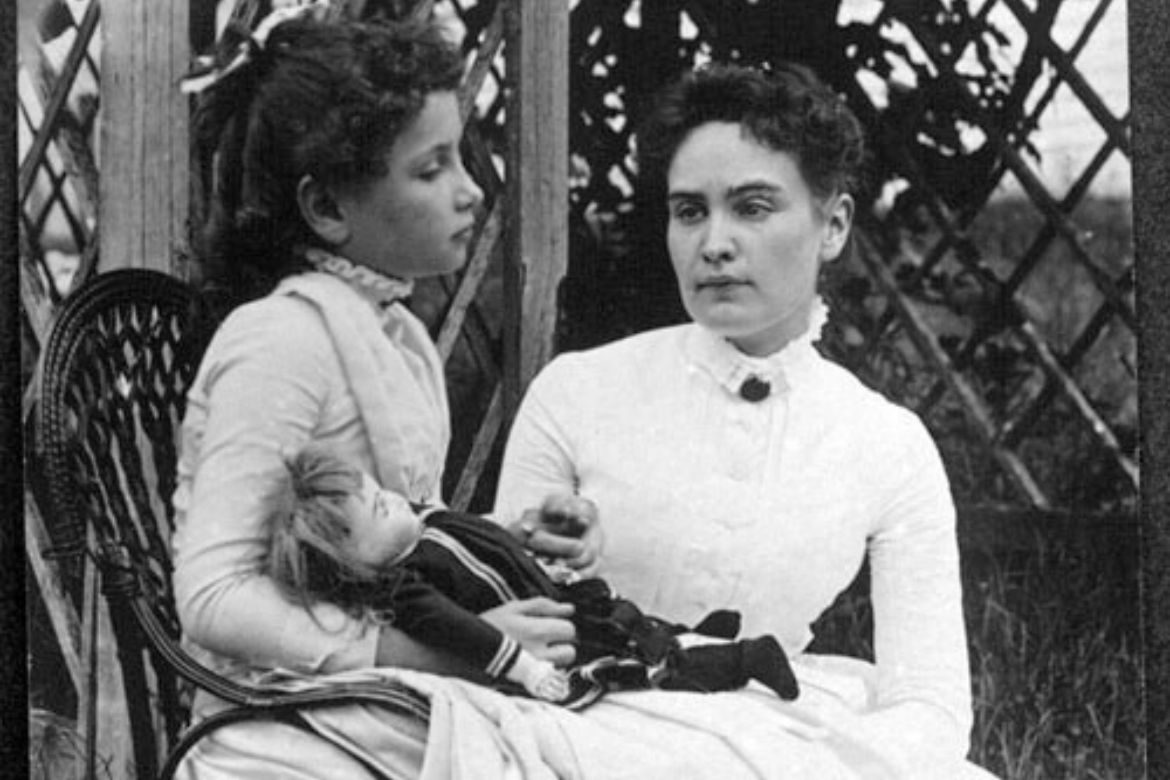Helen Keller Day (June 27)

Helen Keller Day is observed on June 27, honoring the birthday of one of history’s most influential advocates for people with disabilities.
Born blind and deaf, Keller’s achievements as an author, lecturer, and activist continue to inspire generations.
This day encourages reflection on her legacy and promotes awareness, accessibility, and inclusion.
A meaningful tribute to resilience and education, it’s also one of the many interesting holidays in June.

When is the Holiday?
Helen Keller Day is celebrated each year on June 27, marking the birthdate of Helen Keller in 1880.
Who Invented It?
President Jimmy Carter officially declared June 27 as Helen Keller Day in 1980, following a congressional resolution to recognize her achievements and advocacy work.

The History of the Holiday
The day was established in 1980 to celebrate Keller’s contributions to disability rights, education, and social justice. Helen Keller, who lost her sight and hearing at 19 months, became the first deaf-blind person to earn a college degree.
Her lifelong advocacy, particularly through the American Foundation for the Blind, transformed public attitudes and policies toward people with disabilities.

Top 5 Facts About the Holiday
Anne Sullivan’s teaching breakthrough with Keller is still taught in classrooms today.
Helen Keller Day coincides with her birthday—June 27, 1880.
Keller wrote over a dozen books, including her iconic autobiography.
She was awarded the Presidential Medal of Freedom in 1964.
The holiday emphasizes education, inclusion, and accessibility.

**This post may contain affiliate links. As an Amazon Associate and a participant in other affiliate programs, I earn a commission on qualifying purchases.**
Activities to Celebrate
Support a cause: Donate or volunteer for disability advocacy groups.
Read Keller’s work: Start with The Story of My Life or one of her essays.
Watch “The Miracle Worker”: A powerful portrayal of her early years.
Visit Ivy Green: Keller’s birthplace in Tuscumbia, Alabama.
Host a discussion panel: Focus on disability rights and inclusive education.
Share on social: Post quotes or facts about Keller to spread awareness.

Links to Resources
Helen Keller Birthplace – Ivy Green – Explore the preserved home in Tuscumbia, Alabama, where Keller was born and where she had her first breakthrough with Anne Sullivan. Offers tours, educational exhibits, and special events each June.
ASL Art Printables – Offers a collection of free worksheets that combine learning American Sign Language with famous artworks. Children decode art titles using ASL finger spelling and then color the images, enhancing both their language and artistic skills.
American Foundation for the Blind – Helen Keller worked with AFB for over 40 years. Their site offers an in-depth digital archive of Keller’s letters, speeches, and photos, as well as current initiatives supporting people with vision loss.
Helen Keller National Center – Provides training and resources for individuals who are deaf-blind. Their programs support independence through education, technology, and career development.
Perkins School for the Blind – The school that educated Anne Sullivan and remains a leader in special education. Offers resources on accessible learning, teacher training, and historical archives related to Keller.

Related Holidays
Amelia Earhart Day (July 24) – Honors the groundbreaking achievements of another pioneering woman in history who overcame barriers and challenged societal expectations.
Benjamin Franklin Day (January 17) – Celebrates the legacy of a visionary thinker and inventor, similar to Helen Keller in his broad influence on education, science, and public service.
National Darwin Day (February 12) – Recognizes Charles Darwin’s contributions to science and understanding of the natural world, echoing Keller’s commitment to knowledge and progress.

Pin it!
Share this post about Helen Keller Day on Pinterest!

